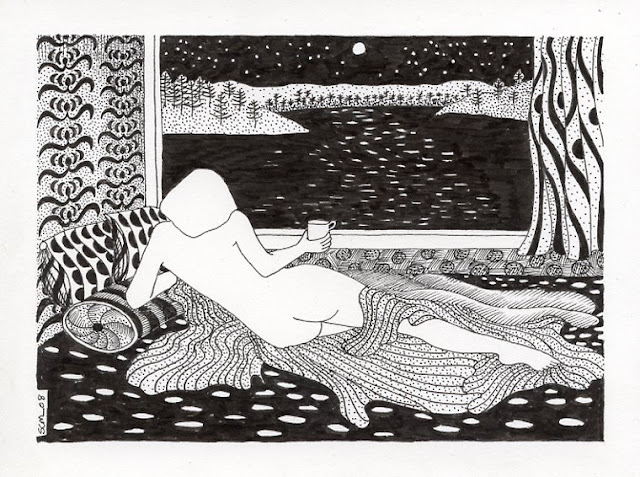It was a raucous crowd in the medical records department at the best of times but louder by far after someone read from the morning paper that the Massachusetts lottery prize had reached the multi million dollar range. Nobody had won the previous night's draw so everyone who had a ticket or twelve was planning how they'd spend the money. First on everybody's list was no longer having to show up to work ever again. In the huge underground space packed with desks, work trolleys, and stack after stack of patient charts the only clear area was between my desk and those of the manager and her assistant. Early as it was the forty or so staff members were still arriving shouting questions and greetings.
Dolores, the manager, and Weena were already on their way to search the doctor's offices for missing patient charts that needed updating. Some of the docs were in the habit of keeping (and sometimes hiding) the records of people they'd been treating, so the morning ransack was an essential start to the day before the medical staff were in their offices. There was even one old pediatrician who went so far to take medical records home to hide in his garage, a situation that required Dolores and Weena to drive there every other week to get his wife to unlock his secret filing cabinets. Anyway, this wasn't one of those days and on the way out Dolores mentioned getting some work done while they were gone.
I'd been in the department for three or four months by then and my initial fears about being among that many women were mostly gone. Mostly. The first day had felt like I'd been sentenced to one of those all female prisons that were popular in the movies back then. Remember 'Reform School Girls'? In point of fact there were some aspects of the place that fitted the description fairly well. We had a girl gang - or perhaps I should just say we had a core group of very tough young women who were reputed to supply street drugs to whoever had the need and the cash. Since I wasn't a customer I can't say for sure but what was true was that you really didn't want to get on the wrong side of any of these people, the problem being it was hard to tell whether you were or not. It was certainly a fact that sometimes co-workers from our department or others would go to the car park at the end of the day only to find their cars weren't going anywhere without mechanical help.
But the subject on everyone's mind that morning was the lottery. Soon just about all were loudly chronicling what they'd do with their imaginary millions. Big houses, luxury cruises, fancy cars, unlimited clothing and jewelry budgets were enumerated in various ways as the ladies argued about the best neighborhoods for their big houses, which were the best cruise lines and destinations. 'It's not about going anywhere, it's about extravagance, stupid' was a common theme. This was especially evident when they talked about the fancy cars they'd be driving in those days when gas stations still had price wars. Cadillacs were high on many lists but the color of said luxury car only turned into another point of argument. The brouhaha kept gaining in fury as the discussion turned to clothing (designer or classic), jewelry (platinum vs. gold, diamonds vs. emeralds), furniture etc.
It was Inez, the leader of the gang. Everyone was shocked into silence as she went on to say, 'I have a list of people who'd be better off dead and when I win that lottery I'm going to hire a hit man'.
Talk about a conversation stopper. Inez jumped down from the desk and walked out the door for a break with a couple of her friends. Maybe she was kidding; maybe she didn't mean any of us. Nobody was certain but a couple of people looked worried. The rest of us picked up the papers and got back to work.
Disclaimer: I never have been in the habit of buying lottery tickets. It's just looking for trouble as far as I'm concerned.












































